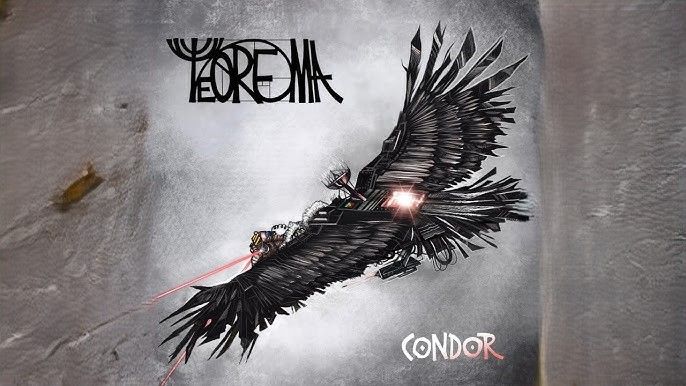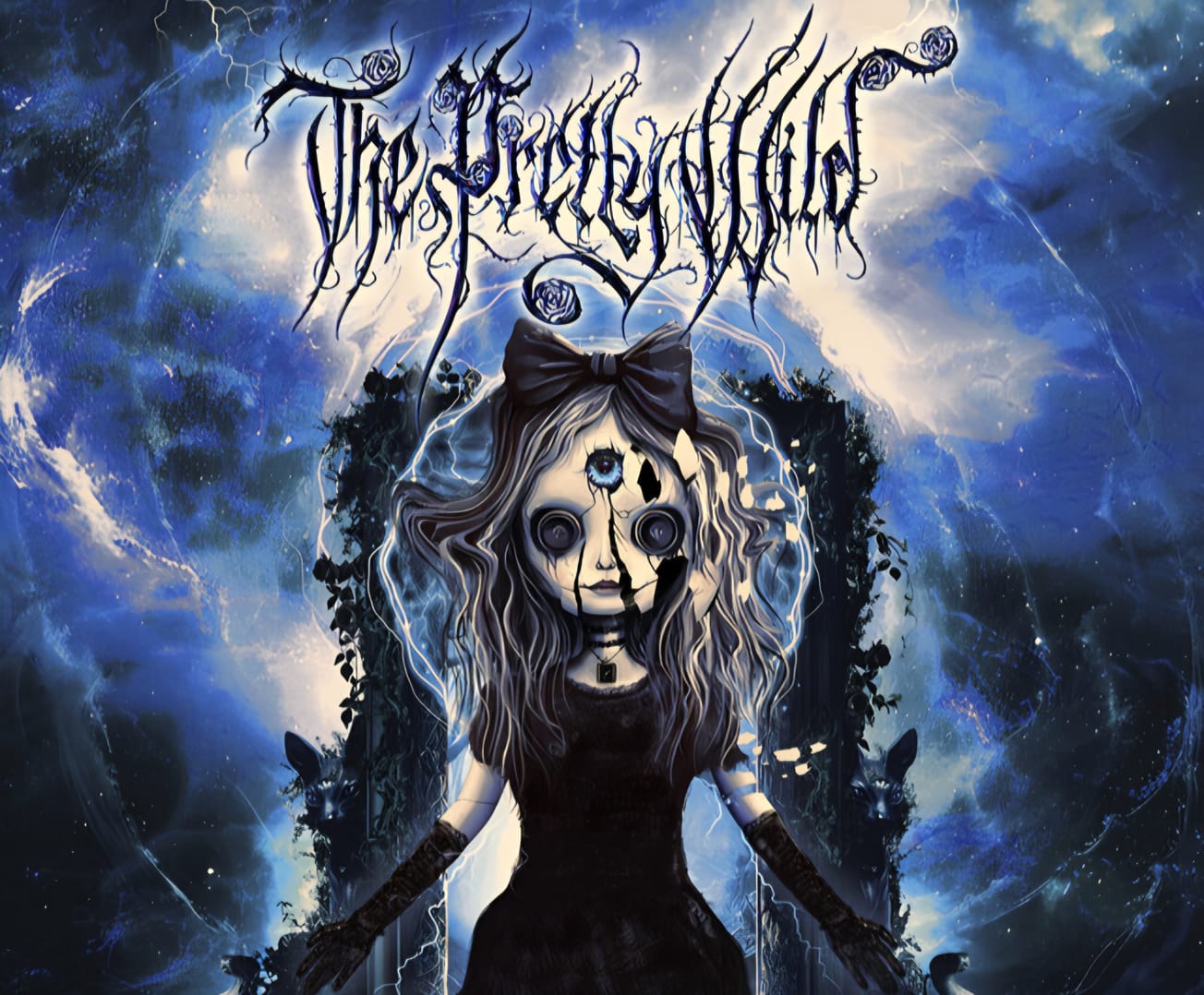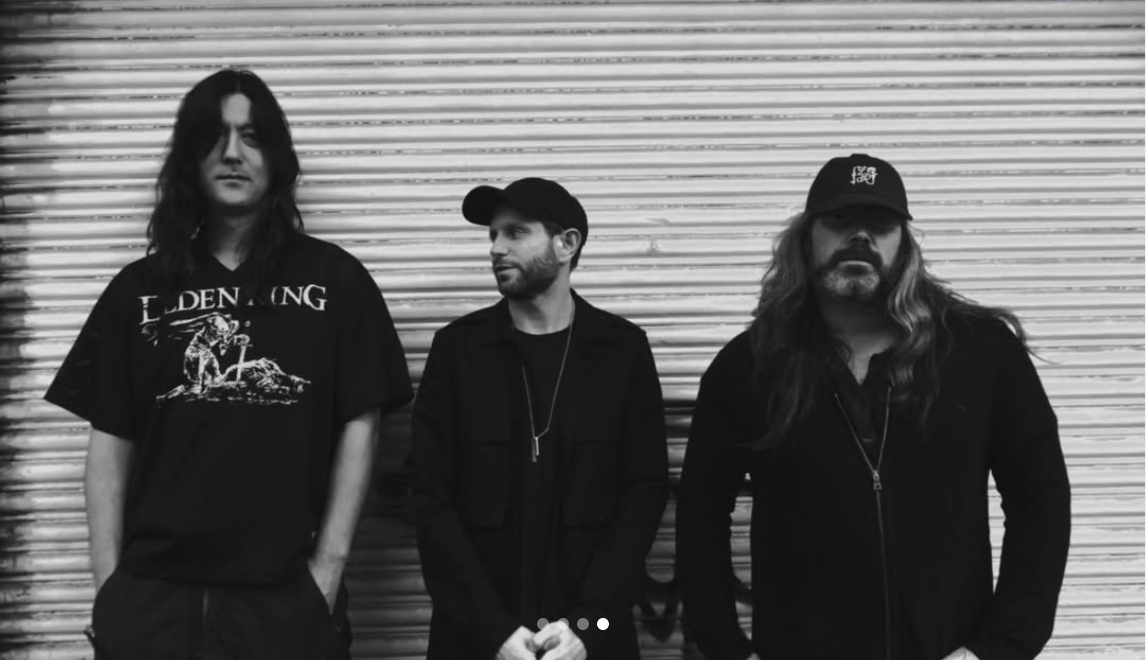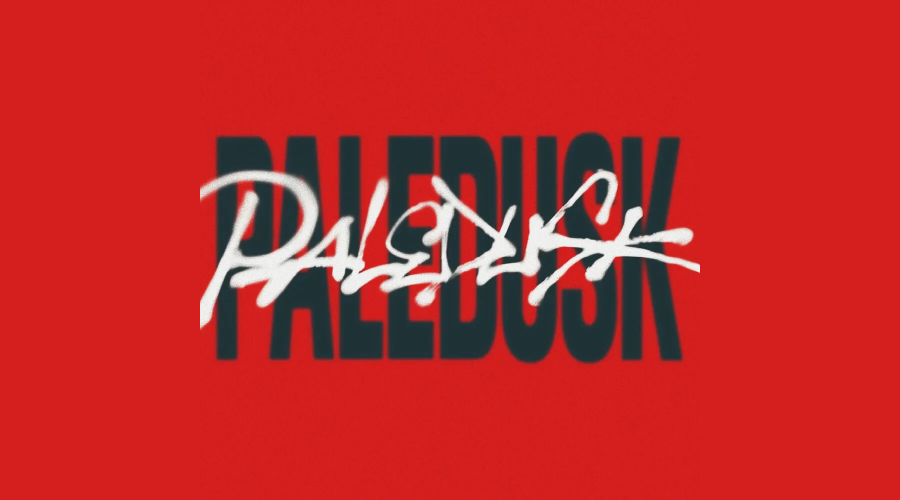Chile is rarely the first country to come up in discussions of the nu-metal era, but it absolutely should be. Spanning 4,000 miles of South America’s Pacific coast but relatively isolated from much of the continent by the towering Andes, Chile is a place that frequently looks overseas for inspiration – the early 2000s saw a wave of Jrock-influenced pop bands like Kudai, but a thriving nu-metal scene as well, headed up by local favorites like 2X, Raza, and Rekiem. Current president Gabriel Boric regularly sports Tool and Deftones merch, and famously enjoyed a brief career playing in a Korn tribute band before entering the student activist movement that catapulted him to the center of national politics. Chilean metalheads will tell you that their local nu scene–dubbed “aggrometal”–had more nu-metal bands per capita than the US at its height, but this is one of those claims that’s nigh-impossible to verify decades later, even though I desperately want it to be true.
Battle rap is also not a topic that frequently comes up in association with nu-metal, which in my opinion is one of the greatest missed opportunities of the genre. For all the ink spilled and brutal online discourse about nu-metal’s blood debt to hip-hop, we got a lot of predominantly white frontmen borrowing a couple of tricks from better rappers, but few artists who truly met the challenge and rose to the level of earnest students of the genre. Linkin Park’s Mike Shinoda arguably came closest, and was absolutely perfect for that band, but nu-metal at the turn of the century was largely not the place to look for complex and exciting writing or flows.
Which brings us to Teorema–still 25 years old at the time of this writing, every genre the man touches seems to turn to gold. Whether he’s paying homage to boom-bap on his 2018 album Renacer (“To Be Reborn”) or slurring his way through autotuned trap on 2020 single “Jason,” he comes with a mastery only achieved by spending lots of time sitting down and mulling over exactly what makes these genres work. He’s won national battle rap competitions, and has represented Chile in international competitions multiple times. In a lot of ways, the Cañete native is a freestyler first and a recording artist second, which is why it initially feels like such a treat that we got an album like 2021’s Cóndor, which accepts the challenges nu-metal tried and arguably failed to answer at the turn of the millennium, and gives us a hip-hop/metal hybrid worthy of the 2020s.
At just shy of 22 minutes, Cóndor packs an album’s worth of ideas into that short timespan without sounding scattered–in fact, the genre blends happening here feel seamless, with drill beats organically giving way to djent riffs and passages of Chilean folk. The songwriting and production are criminally tight, with the metal instrumentation dialed back just barely far enough to give Teorema’s vocals room to steal the show. He dances over the syncopated drumbeats and off-kilter riffing like someone born to it – album highlight “System” features staggeringly fast triplet flow over Meshuggah-influenced rhythms in an impressive display of technical prowess. Cóndor perfectly nails that sweet spot where metal snobs and hip-hop purists will both find plenty to love.
I can’t talk about this album without mentioning the social context from which it emerged – in November of 2021 Chile was grappling with the fallout of two years of unprecedented mass protests known as the Estallido Social, or “social explosion.” What began as a series of coordinated fare evasions after an extreme rate hike by the Santiago Metro in October 2019 quickly escalated into nationwide marches and riots against social inequality and the neoliberal order, including a 1.2 million-person protest in the streets of Santiago, a city of 7 million people. Unable to contain the fallout, Sebastian Piñera’s right-wing government announced a national referendum on Chile’s 1980 constitution, resulting in a convention to replace the dictatorship-era document. Cóndor was forged in the flames of this unrest, released after the convention was announced and in the midst of a deeply uncertain election season that ultimately brought socialist and nu-metalhead Gabriel Boric into office. The album itself perfectly mirrors this uncertainty, and the mismatch between what could be and what still is. Nowhere is this more apparent than on album highlight “Nada,” which begins with the poetic “In the streets we breathe terror, and nothing. Illegal raids. And nobody says anything.” The last sentence, “Y nadie dice nada,” becomes a frustrated refrain pushing up against the promise of the protests and how much still hasn’t changed in their wake.
I also can’t talk about this album without talking about the public allegations of sexual and psychological abuse brought against Teorema by his ex-girlfriend and fellow battle rapper Ámbar. When she came forward in 2019, a month before the Estallido, he initially confirmed the allegations on social media and expressed contrition but quickly backtracked, claiming he was coerced into making that statement. Then, too conveniently, Chile exploded into social unrest and the public’s attention moved on. In this context, the intensely political Cóndor could be considered a retreat, born of a desire to be a righteous mouthpiece of the masses rather than grapple with the monstrous nature of the self.
The paradox of nu-metal is that anger, even righteous anger, can be a trapdoor to places we don’t want to go. We want to be right, we want to be justified, we want to rage against the outside forces arrayed against us. And all too often, the anger becomes a comfort, a way to hide from ourselves and the damage we do to the people around us. We’ve spilled plenty of ink already about aging nu-metallers falling down the rabbit hole of right-wing grievance politics, but leftist spaces are far from immune to the abuses that arise when self-pity becomes just too compelling. Cóndor is a dangerous album, in much the same way our oft-maligned genre is a double-edged sword. We want catharsis, we want release, and we want those who grace us with that catharsis to be good people, the way we imagine ourselves. And too often, they aren’t. We live in an era of canceled and quasi-canceled bands, ejected members. Notes app apologies are a meme at this point. Accountability is a worthwhile goal of any community – we need mechanisms to protect each other from bad actors and rehabilitate the folks who can be rehabilitated. But things get messy when we want to be right more than we want to be accountable.
Cóndor is a challenging album, for the reasons it sets out to be challenging and for the reasons it would rather avoid confronting. It undeniably raises the bar for what rap metal can do, in the same way that groups like UnityTX and Notions are doing in the Anglosphere. But it’s also uncomfortably of our time, offering an idealistic promise of what could be while drowning in brutal reminders of who we are, while failing to come to grips with the darker realities of what we have done and are actively doing to each other. Sometimes, to paraphrase Tucker Max, the devil comes as the answer to your prayers. Lord help us if we aren’t ready.










